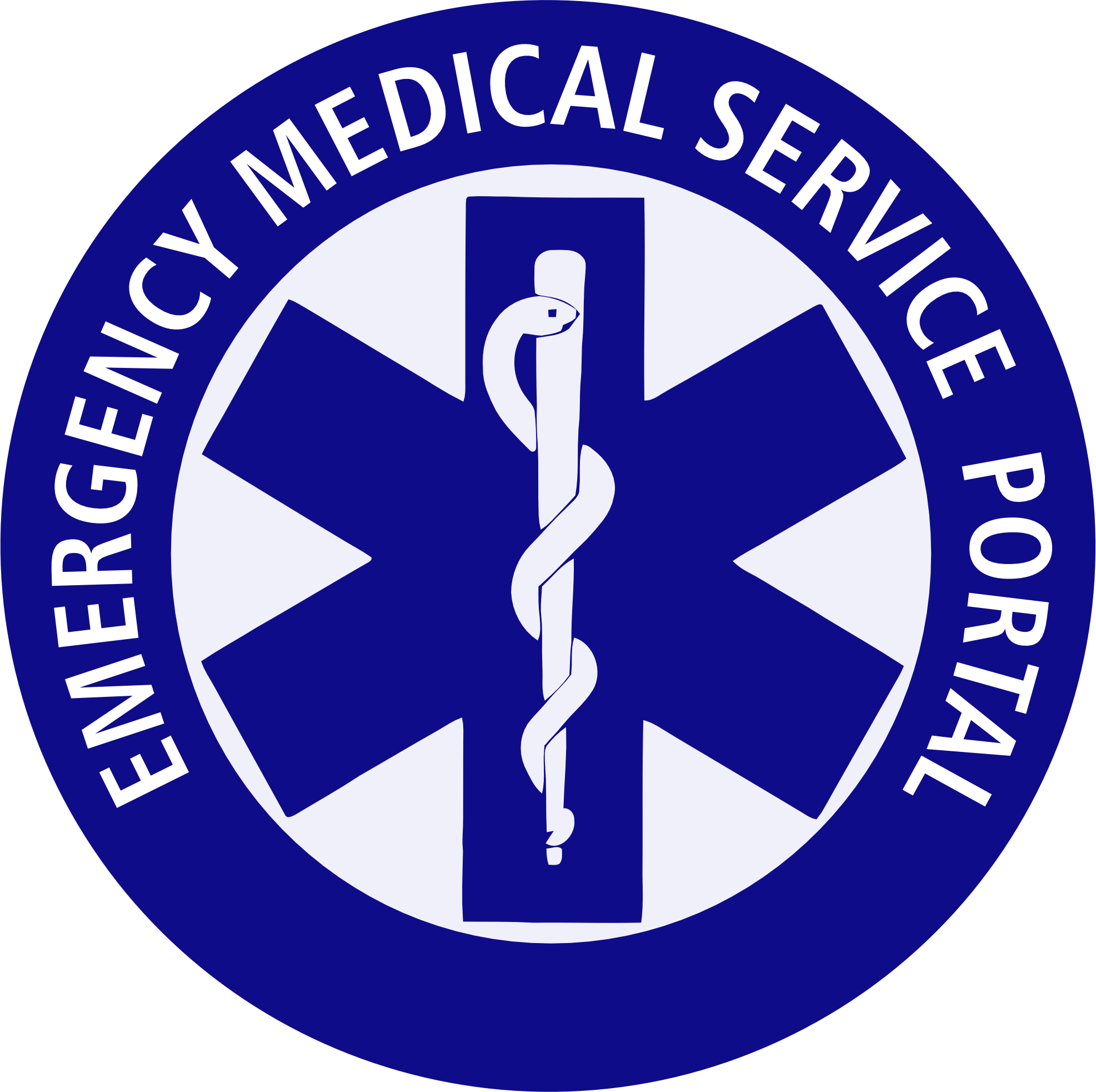If you are dealing with high temperatures in the environment, it is important to take precautions to stay safe and ensure comfort. Here are some tips to help you cope with high temperatures:
- Stay hydrated: Drink enough water throughout the day, even if you’re not thirsty. Dehydration can happen quickly in hot weather, so always have a bottle of water with you and take regular sips.
- Casual clothing: Wear loose, light and light-colored clothing made of breathable fabrics such as cotton or linen. Avoid dark colors as they absorb heat.
- Seek shade: If you’re outdoors, try to stay in shady areas as much as possible, especially during the hottest parts of the day. Use umbrellas, hats or other forms of sun protection to protect yourself from direct sunlight.
- Use sunscreen: Apply a broad-spectrum sunscreen with a high sun protection factor to protect your skin from harmful UV rays. Reapply every few hours, especially if you sweat or swim.
- Plan activities: Plan outdoor activities during cooler parts of the day, such as early morning or late afternoon. Avoid strenuous physical exertion during the hottest hours as this can lead to exhaustion or heat stroke.
- Stay in air-conditioned or cool areas: If possible, spend time in air-conditioned areas such as shopping malls, libraries or cinemas. If you don’t have access to air conditioning, use fans, take cold showers, or use wet towels to cool down.
- Protect your space: Close your curtains or blinds during the day to keep the heat of the sun out. Open windows and use fans to create ventilation during cooler hours. Consider using reflective window coatings or insulating materials to reduce heat transfer.
- Avoid heavy and spicy meals: Prefer light and cold foods such as salads, fruits and vegetables. Avoid heavy, fatty or spicy meals that can raise body temperature.
- Watch out for sensitive people: Watch out for children, the elderly or people with chronic illnesses as they are more susceptible to heat-related illnesses. Provide them with access to cool areas and make sure they are properly hydrated.
- Be aware of the warning signs: Know the symptoms of heat exhaustion (eg, profuse sweating, weakness, dizziness) and heat stroke (eg, high body temperature, confusion, loss of consciousness). If you or someone else experiences these symptoms, seek immediate medical attention.
Remember, extreme heat can be dangerous, so it’s crucial to take these precautions and prioritize your well-being during hot weather conditions.



0 Comments